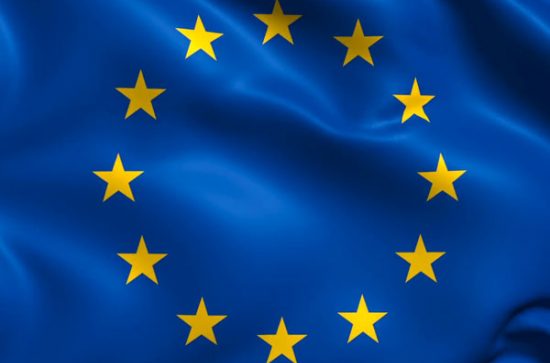
In the contemporary global landscape, a complicated geopolitical shift is underway, driven by a rising tide of conflicts – in the European Union’s neighbourhood and beyond – with deepening polarisation. This transformation is reshaping international dynamics, with both a political and institutional push for the EU to take more responsibility for its own security.
The EU’s approach to peacebuilding has been embedded in a wider ambition to “preserve peace, prevent conflicts and strengthen international security”. Given the mushrooming of security tensions, this concept requires sustained reflection. Heretofore regarded as a credible and reliable partner, recent violence in Ukraine, Nagorno-Karabakh, Kosovo, and Israel/Palestine, has increased geopolitical tensions and challenged multilateralism, proving that the EU’s must continuously re-assess its commitment to partnership, and the manner of its approach to peacebuilding.
Critics point to EU interventions that lack in-depth understanding of context and dynamics, historical root causes and past grievances, and of the political economy of conflict. There are also challenges of inclusivity and local ownership in responses, and failures to adequately engage women, youth and excluded sections of society in peace processes.
Using recent research by the author, the presentation by Dr Kieran Doyle aims to critically examine the European Union’s peacebuilding approach, focusing on integrated conflict analysis, suggesting a new model for conflict analysis within the EU Common Security and Defence Policy and explores recent interventions while also addressing the need for improved conflict sensitivity.
